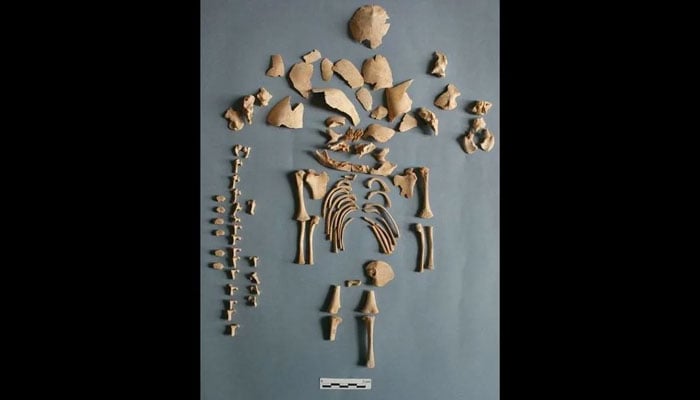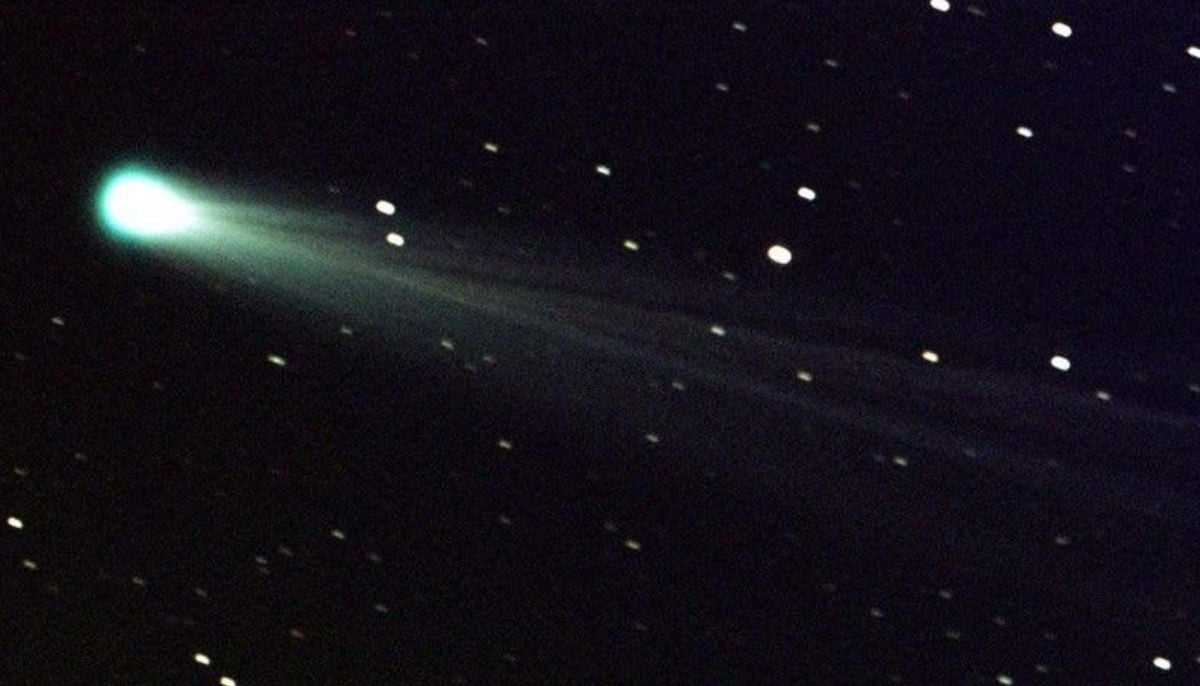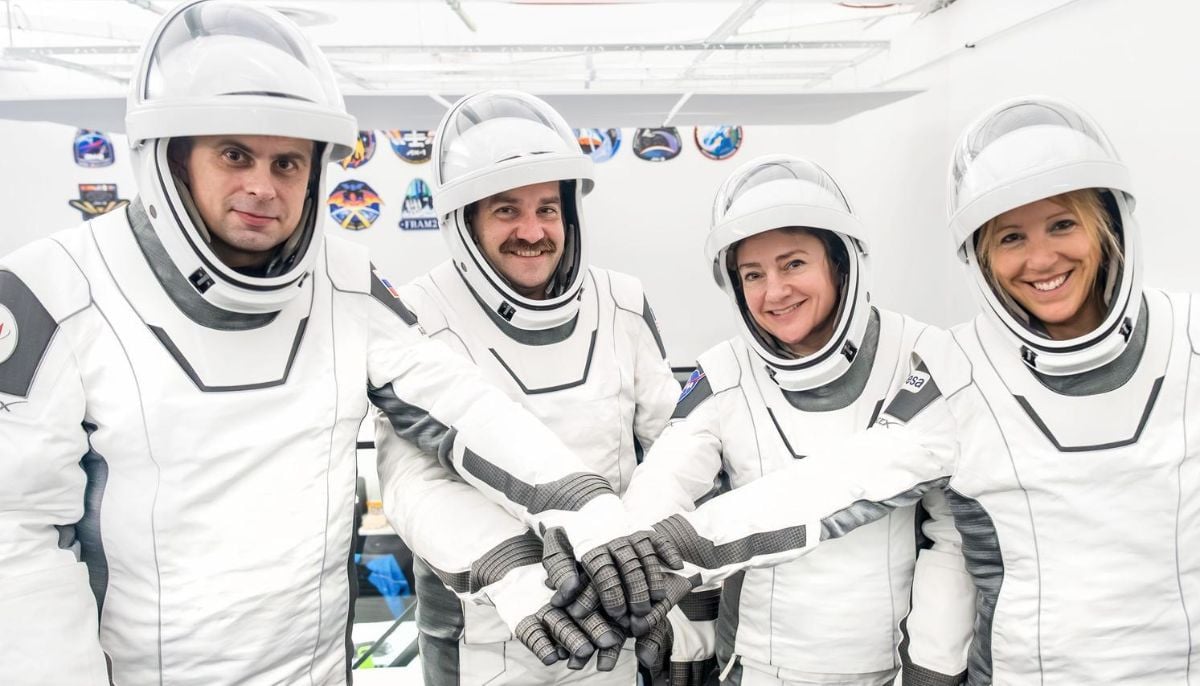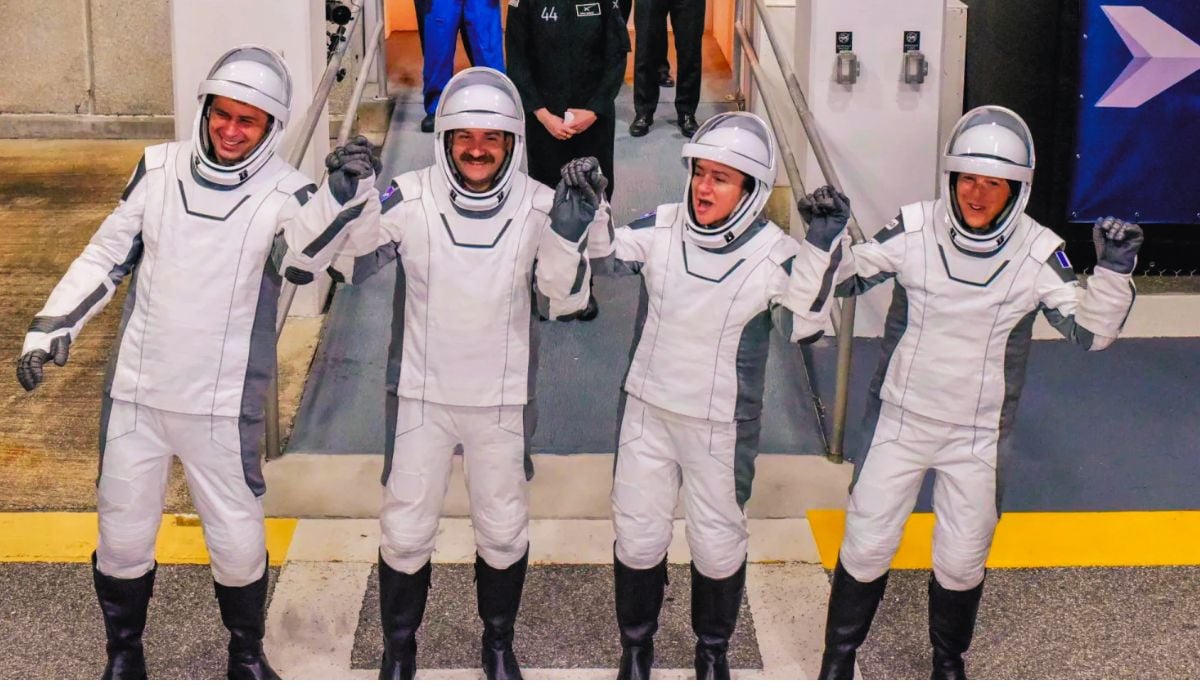Ancient DNA reveals first cases of Down's syndrome in 5000-year-old skeletons
Researchers report these Down's syndrome babies were “buried with care” and as per traditions and practices
In a historical breakthrough, deoxyribonucleic acid (DNA) from ancient skeletal remains has found six cases of Down's syndrome, the Miami Herald reported
The autosomal DNA of 9,855 remains that span millennia throughout Earth was tested using a statistical technique called the "Bayesian method". The results were published in the Journal of Nature Communications on Tuesday.
Researcher Adam Rohrlach said: "While we expected that people with Down syndrome certainly existed in the past, this is the first time we've been able to reliably detect cases in ancient remains, as they can't be confidently diagnosed by looking at the skeletal remains alone."
According to the study, the first case of Down syndrome was found in the skeletal remains of a six-month-old girl from between 2898 and 2700 BC in southern Bulgaria. She was found buried in a "ceramic vessel" under the floor of an early Bronze Age home.
Another baby girl, aged between 12 and 16 months, was found buried in a section of yard belonging to a home on the island of Aegina, Greece, and lived between 1398 and 1221 BC. Her remains were discovered with a necklace made with beads of many colours and sizes.
The researchers reported that these babies were "buried with care" and according to the traditions and practices of the time.
"These individuals were buried according to either the standard practices of their time or were in some way treated specially. This indicates that they were acknowledged as members of their community and were not treated differently in death," Rohrlach said.
-
‘Smiling electrons’ discovered in Earth’s magnetosphere in rare space breakthrough
-
Archaeologists unearthed possible fragments of Hannibal’s war elephant in Spain
-
NASA's Hubble Space Telescope discovers ‘Dracula Disk', 40 times bigger than solar system
-
Annular solar eclipse 2026: Where and how to watch ‘ring of fire’
-
Scientists discover rare form of 'magnets' that might surprise you
-
Humans may have 33 senses, not 5: New study challenges long-held science
-
Northern Lights: Calm conditions persist amid low space weather activity
-
SpaceX pivots from Mars plans to prioritize 2027 Moon landing












